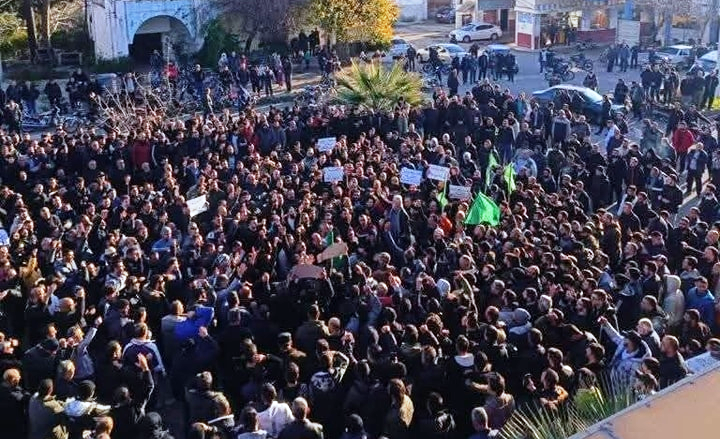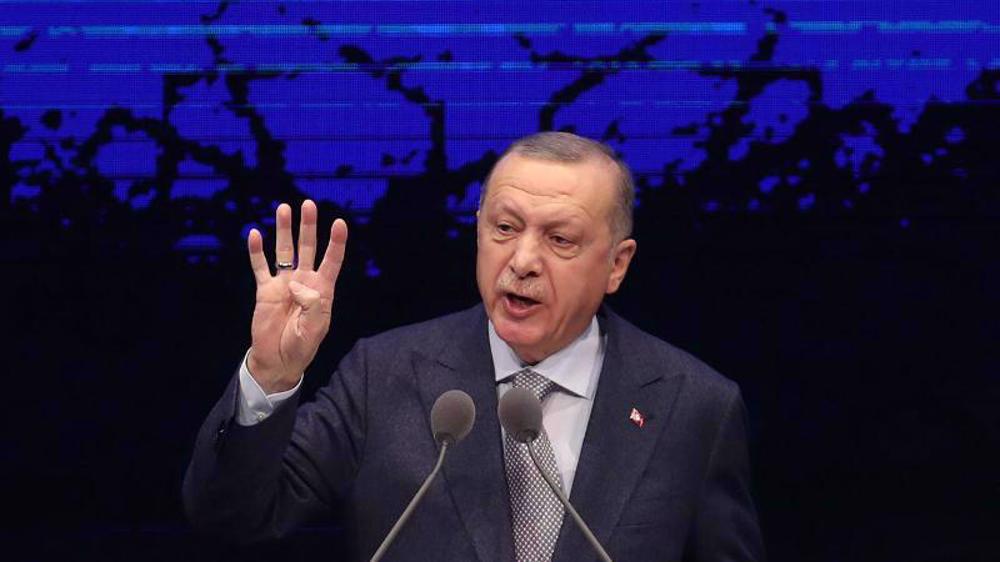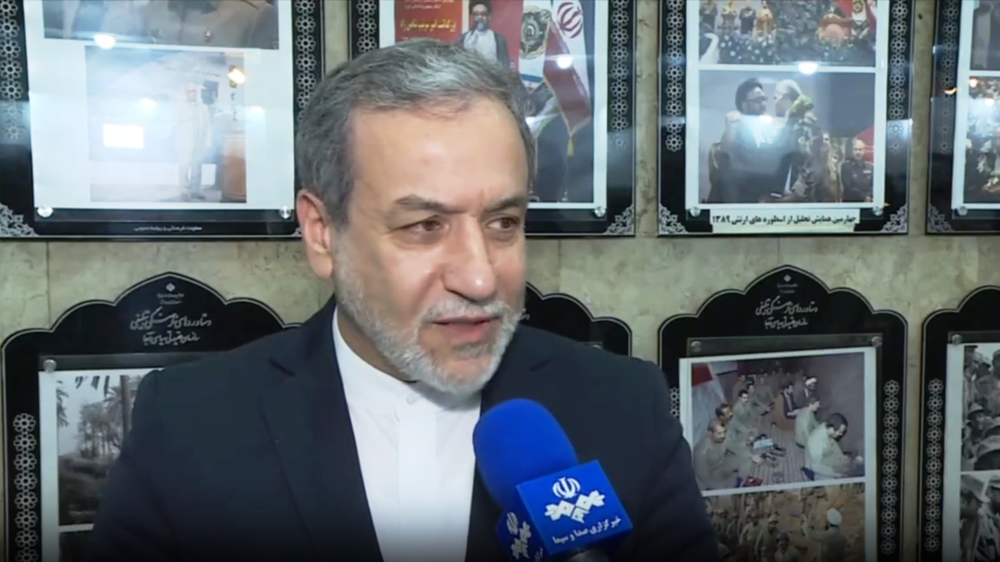Pauses in fighting in Syria's suburb of Eastern Ghouta not enough, says UN official
A top United Nations official says the five-hour daily pauses in fighting in the militant-riddled Damascus suburb of Eastern Ghouta, laid out under a plan by Russia, are not enough to take in aid or evacuate civilians.
Jan Egeland, who heads humanitarian aid matters in the office of the UN Syria envoy, said on Thursday that the Russian plan for the five-hour pauses was "positive" but insufficient.
"I have to say I know no humanitarian actor ... who thinks that five hours is enough for us to be able to deliver relief into Eastern Ghouta and to organize orderly medical evacuations out," media outlets quoted the official as saying.
Egeland also said the UN Security Council resolution over the weekend calling for a 30-day ceasefire had done little to improve the situation in Eastern Ghouta.
Elsewhere in his remarks, the official, however, said a meeting of UN’s humanitarian task force for Syria earlier on Thursday discussed the issue of: "Can we sit down now with Russia and others and see whether we can help make this pause/initiative meet humanitarian standards for a pause and a corridor."
Egeland said he had delivered an "unusually blunt" message to the task force for Syria: "You are failing to help us help civilians in Syria."
The remarks come after UN Special Envoy for Syria Staffan de Mistura said on Thursday that the Russian plan for a five-hour pause in fighting in Eastern Ghouta needed to be upgraded to allow aid deliveries and medical evacuations. The envoy added that the UN would not give up seeking a full 30-day ceasefire, as recently mandated by the Security Council.

Russian President Vladimir Putin on Monday ordered the implementation of a daily five-hour ceasefire in Eastern Ghouta from Tuesday and the creation of a humanitarian corridor through which civilians could leave the militant-held area.
Meanwhile, the Russian military has accused militants of shelling a humanitarian corridor that Moscow set up with the Syrian government, offering residents of Damascus' eastern suburbs a way out of the embattled enclave.
Russian Major General Vladimir Zolotukhin told Russia news agencies earlier in the day that the militants who control the suburbs are shelling the route and preventing evacuations.

Syria’s al-Ikhbariya TV said that dozens of civilians had gathered on the edge of Eastern Ghouta to leave, but were prevented by militants from reaching a crossing point into government-controlled areas.
Syria’s official SANA news agency reported Thursday that a civilian was wounded by a mortar shell fired by the militants in Eastern Ghouta at Bab al-Salam area in the old city of Damascus.
Eastern Ghouta, which is home to some 400,000 people, has witnessed deadly violence over the past few days, with foreign-sponsored terrorists launching mortar attacks on the Syrian capital in the face of an imminent humiliating defeat.
Western powers, however, blame the Syrian government and Russia for the crisis.
After losing most of the Syrian territories in their control, foreign-backed militants are now largely concentrated in Eastern Ghouta, causing one of the deadliest stages over the course of the years-long conflict in Syria.
Syrian government forces have been pounding terrorist positions in the area to retake it and free a large number of civilians who are trapped there and struggle with malnutrition and lack of basic medical supplies.
Israel makes deepened incursion into Lebanon despite truce
IRGC intelligence forces capture agent linked to foreign espionage service
VIDEO | Palestinians in Yarmouk Camp cling to hope and determination
Israel preparing to stay in southern Lebanon after ceasefire: Report
Israeli pressure on Hamas ‘hardly helped’; swap deal necessary: Ex-Mossad chief
Far-right Israeli minister Ben-Gvir again storms al-Aqsa Mosque
Iran: Israel’s attack on journalists’ vehicle in Gaza amounts to ‘war crime’
VIDEO | Israel’s war spending










 This makes it easy to access the Press TV website
This makes it easy to access the Press TV website